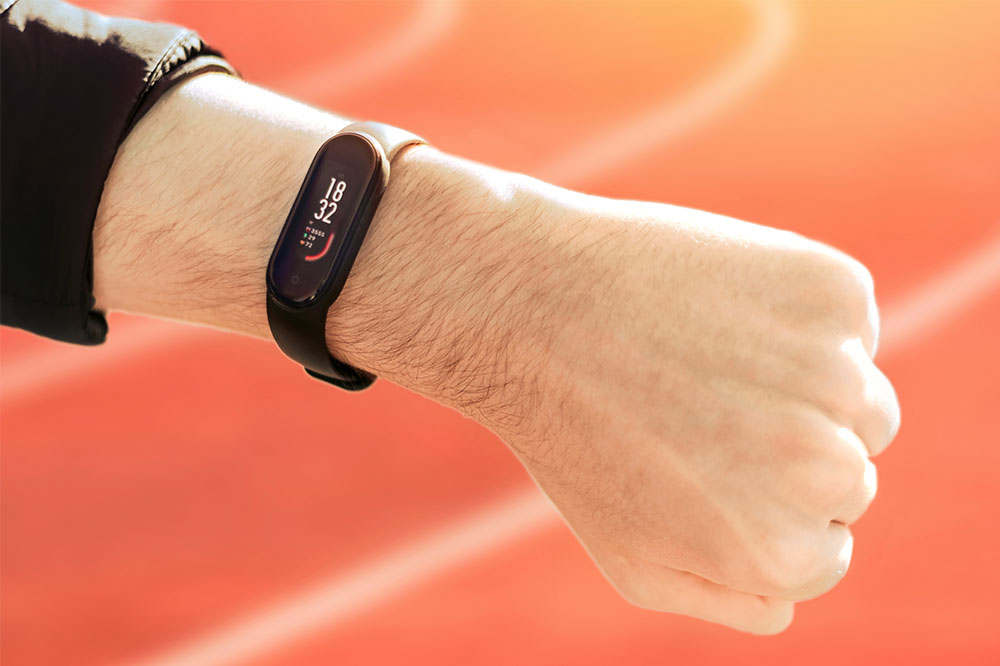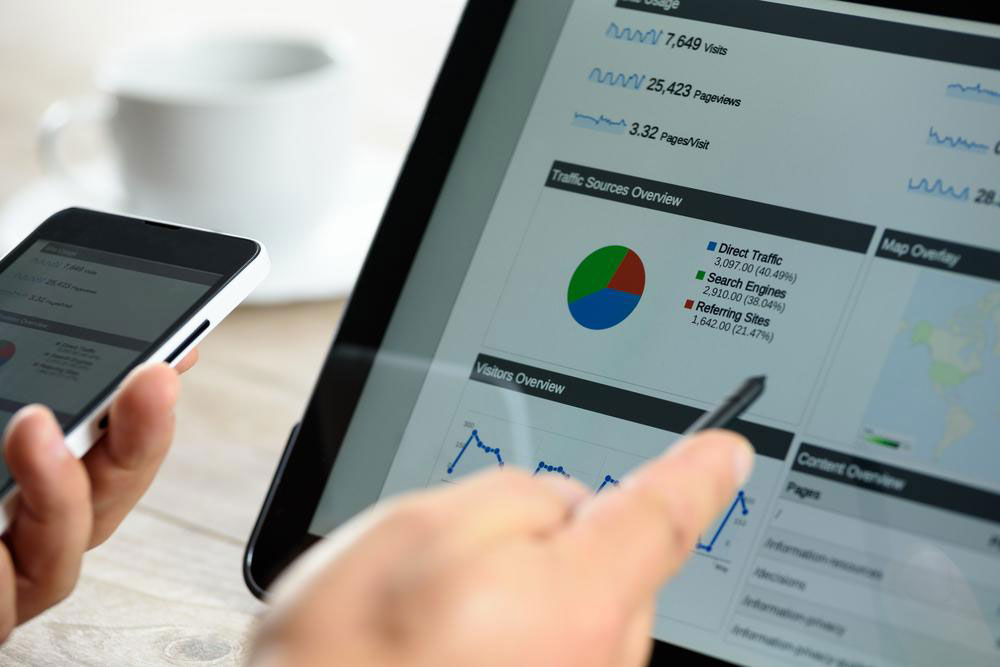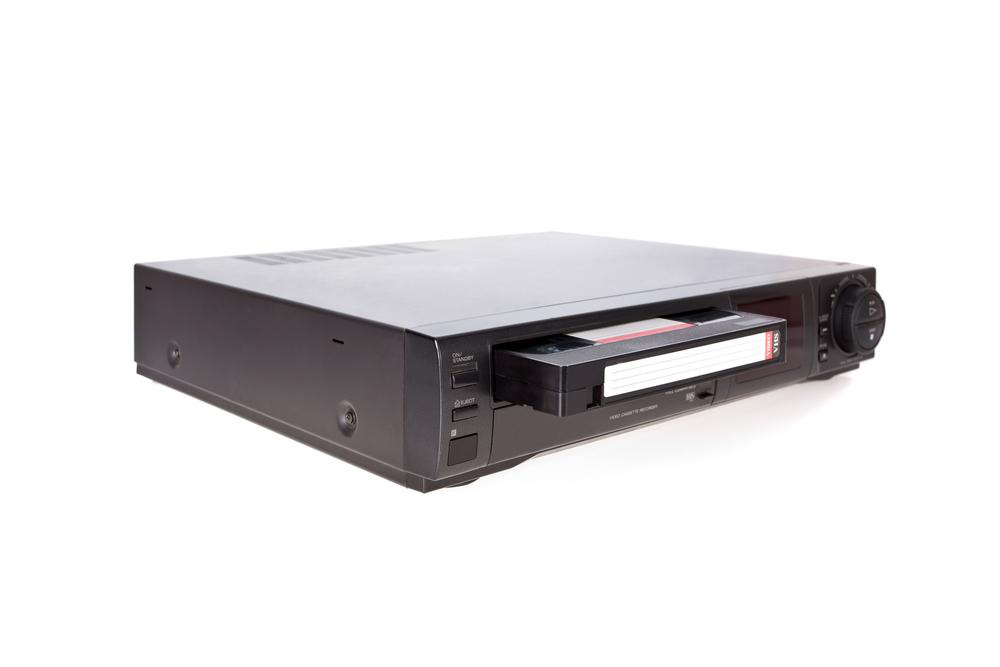Enhancing Healthcare Efficiency Through Big Data Analytics
Discover how big data analytics is revolutionizing healthcare by improving patient risk prediction, reducing medication errors, enhancing remote patient monitoring, and strengthening data security. These innovations lead to more efficient, cost-effective, and personalized healthcare services, benefiting providers and patients alike.

Enhancing Healthcare Efficiency Through Big Data Analytics
In recent years, the integration of big data analytics into healthcare has gained momentum. With vast amounts of patient information generated daily, the industry leverages these insights for predictive analytics, aiding in epidemic prevention and resource optimization. This technology helps reduce healthcare costs while improving patient outcomes. Here are key ways big data analytics is transforming healthcare delivery.
Detecting High-Risk Patients
Healthcare providers often see repeat visits from certain patients, impacting costs without improving care. By analyzing medical records, big data identifies individuals at elevated risk, enabling personalized interventions that prevent unnecessary emergency visits.
Reducing Medication Errors
Medication inaccuracies are a major concern, potentially causing severe health issues or fatalities. Big data examines patient histories and prescribed medications, flagging discrepancies in real-time and alerting clinicians to prevent dispensing errors.
Empowering Patient Participation
With the rise of health wearables, patients track vital signs like heart rate, blood pressure, and activity levels. Cloud-based data analysis allows physicians to monitor health remotely, fostering patient engagement and reducing unnecessary visits, promoting proactive healthcare.
Securing Sensitive Data
Healthcare data is highly valuable, making systems vulnerable to breaches. Big data solutions incorporate advanced security features that help safeguard personal information and prevent cyber threats.
Note:
Our blog covers a variety of topics, providing insights based on thorough research and analysis. While informative, articles should not be considered definitive. We do not guarantee the accuracy of external data or offers mentioned, which may vary over time and across platforms.









